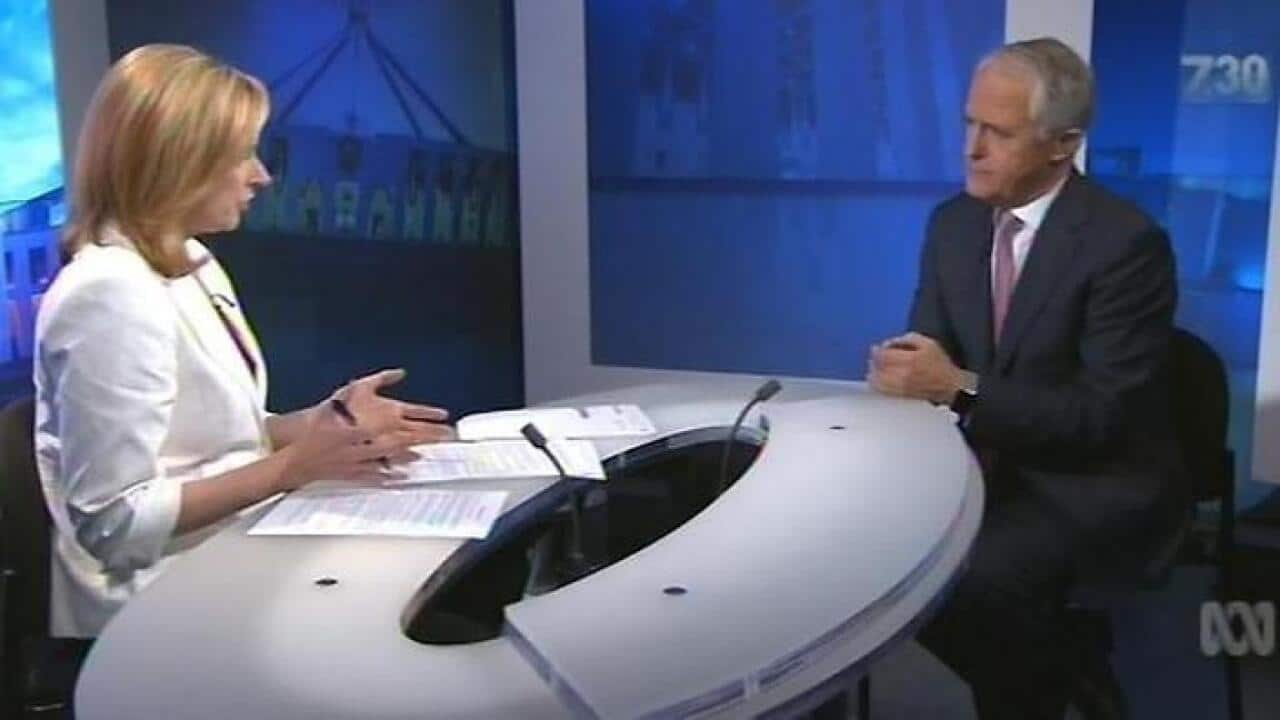This week the Canadian election saw the election of a new Prime Minister – one very much different from the incumbent. One former Canadian Prime Minister, Brian Mulroney, commented of the victory that the new leader Justin Trudeau won because he was not Stephen Harper, and he suggested that such had been the case for pretty much all recent Canadian changes of government. Such a statement could well apply to Australia as well.
Indeed in Australia, Gough Whitlam was very much not the conservative, dull Billy McMahon, Malcolm Fraser was not the radical Whitlam, Bob Hawke was not the divisive Fraser, John Howard portrayed himself as not the progressive and divisive Paul Keating, and Kevin Rudd while perhaps playing the role of John Howard-lite certainly benefitted from voters wanting someone other than Howard.
In essence the election of “not the incumbent” is a form of the argument that oppositions don’t win elections; governments lose them.
It says something about the state that the ALP got itself into from 2010 to 2013 that voters were content to not want it and instead preferred Tony Abbott.
But the decision to not want Tony Abbott has now been taken out of the voters’ hands. And for that the ALP is very much hindered in its hopes of reclaiming office.
Bill Shorten quite happily played the role of not-Tony Abbott, but it must be to his great chagrin that voters believe Malcolm Turnbull plays the role much better.
Malcolm Turnbull, in a way that neither Julia Gillard nor Kevin Rudd were able to do, has convinced voters that he is different to the PM he replaced despite being from the same party.
Voters who want someone not-Tony Abbott have had that achieved without the hassle of an election.
For the ALP to have any hope of winning the next election they now need voters to not want Malcolm Turnbull.
That is going to be a tough ask given his current popularity.
Certainly much of that popularity is based on voters’ relief that he is not Abbott, and thus the ALP’s current strategy is to make voters believe that little has actually changed since Turnbull became PM.
That was why this week the ALP asked a number of questions linking Turnbull to Abbott government policy. For example they asked him if he could “confirm that it is still his government's policy to cut $80 billion over the next decade from Australian schools and hospitals?” Similarly they asked him to also “confirm that it is still the Liberal government's policy to continue its GP tax by cutting $2 billion in Medicare rebates?”
Tainting Turnbull with the stench of Abbott however is tough to do given it requires voters to pay attention to policy detail.
Turnbull thus far is content to keep much the same policy – with hints of shifts to come in the future – and instead focussed most of his efforts on the change in tone of language.
The difference in Turnbull’s positivity is utterly stark compared to Abbott’s standard lines. Turnbull may waffle and enjoy quoting himself, but for voters longing to hear a leader talk like an adult rather than a particularly stupid child, the difference is clear.
READ MORE

Comment: Turnbull loves to waffle
That this new more positive and understanding tone is not leading to any great changes such as in the way asylum seekers are being treated matters little at the present time.
The Prime Minister’s positive, understanding and expansive tone of speech was not much good to the asylum seeker who was in Australia to have an abortion after allegedly being raped in the Nauru detention centre. The positive tone didn’t prevent her being whisked back to Nauru in secret before being able to have that abortion.
Of course the ALP can hardly choose to make an issue of this, given asylum seekers was the one policy area on which it decided it actually wanted to be like Abbott.
But on other issues Turnbull’s new tone does seem to have more than just symbolic qualities. On the issue of marriage equality, Turnbull has adopted the same policy of Abbott that there should be a plebiscite after the next election. But whereas with Abbott such a policy stank of a desire to find a way to ensure marriage equality would not occur, Turnbull seems determined to turn the issue into a winner.
Certainly the risks of a marriage equality plebiscite descending into a bigoted slanging match are warranted, but no one could listen to Turnbull talk about the plebiscite and think he wants it to fail in the way you did when you heard Abbott talk of the very same proposal.
The question will be whether Turnbull can both continue to keep up the not-Abbott impression when his own policies become clear. Thus far it would seem he can – even if those policies will inevitably appear very similar to ones that would have occurred under an Abbott government.
For him the different tone will resonate, and the ALP will need somehow to convince voters not to want to hear it anymore. Given an election is likely to occur within the next 12 months that is a big ask.




